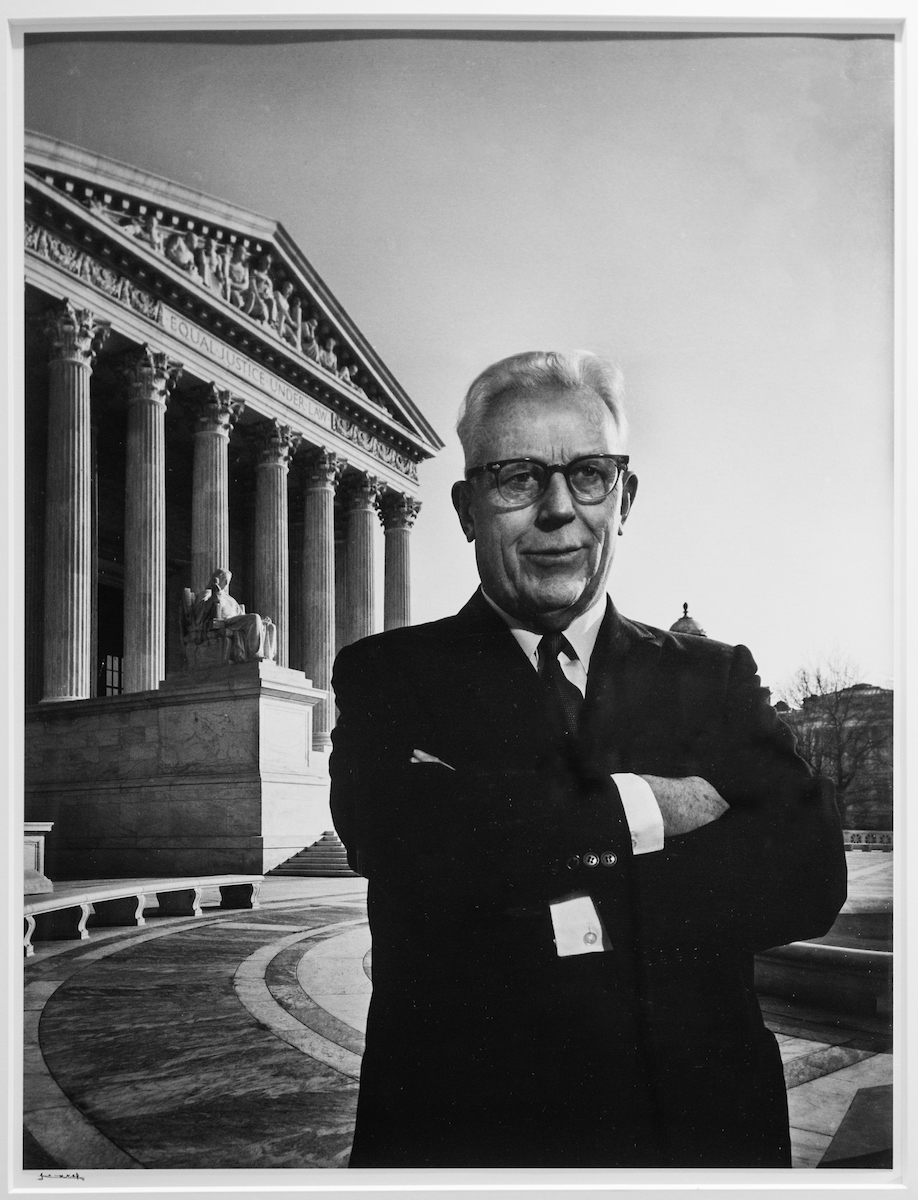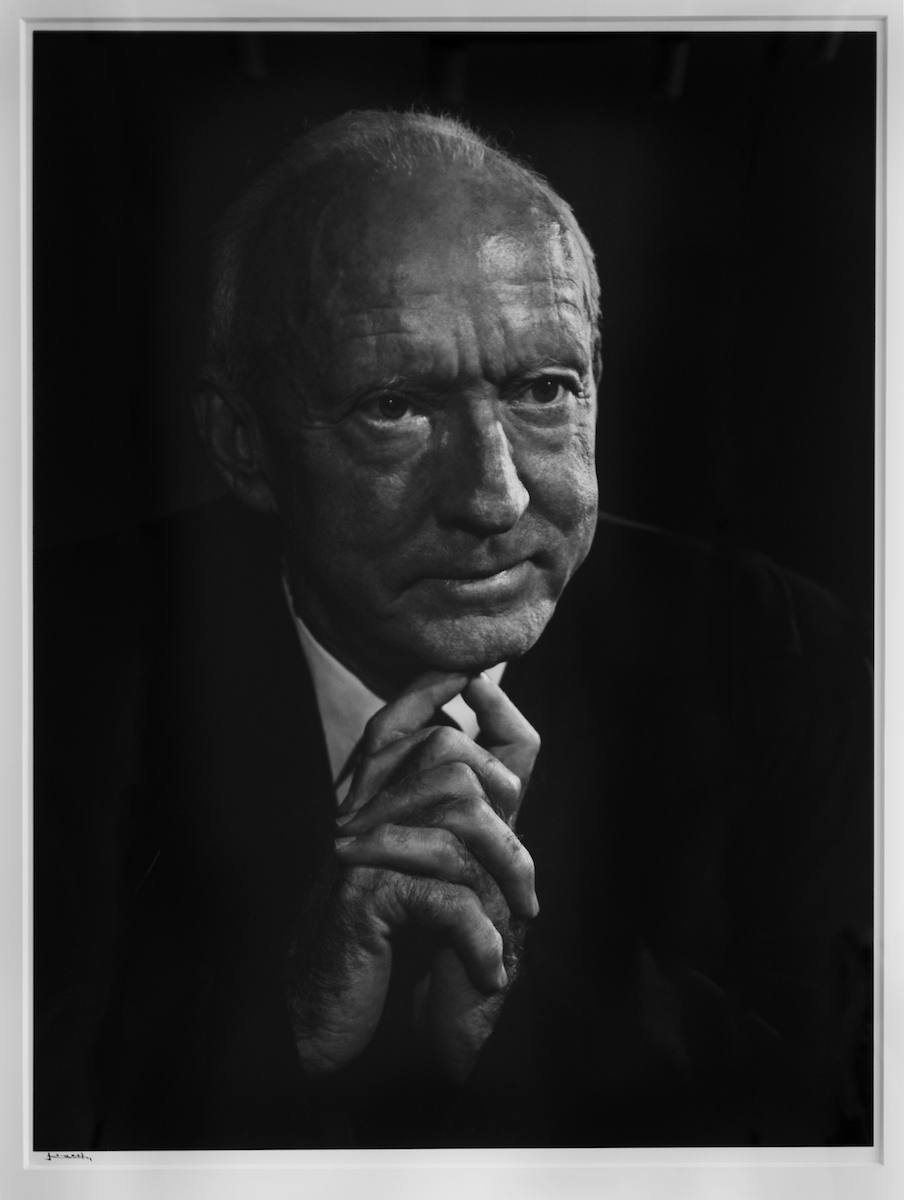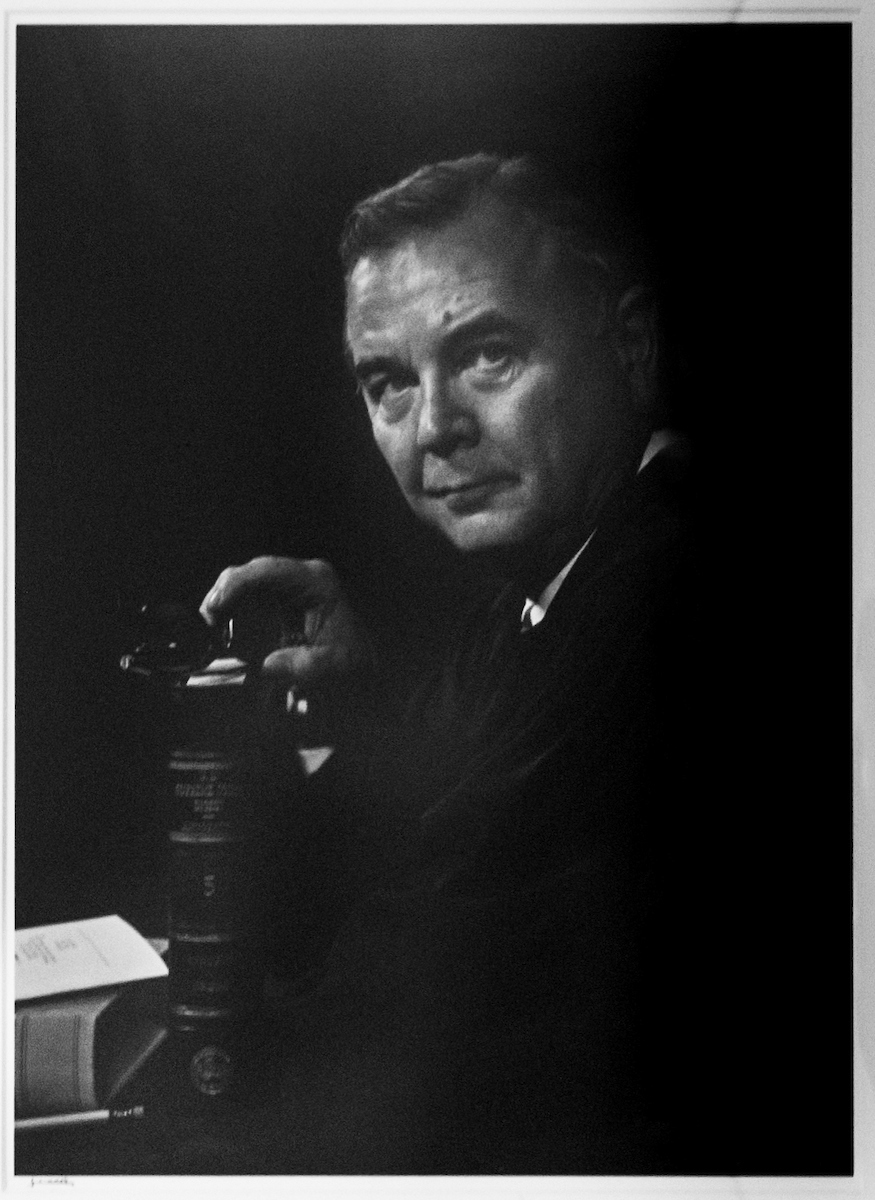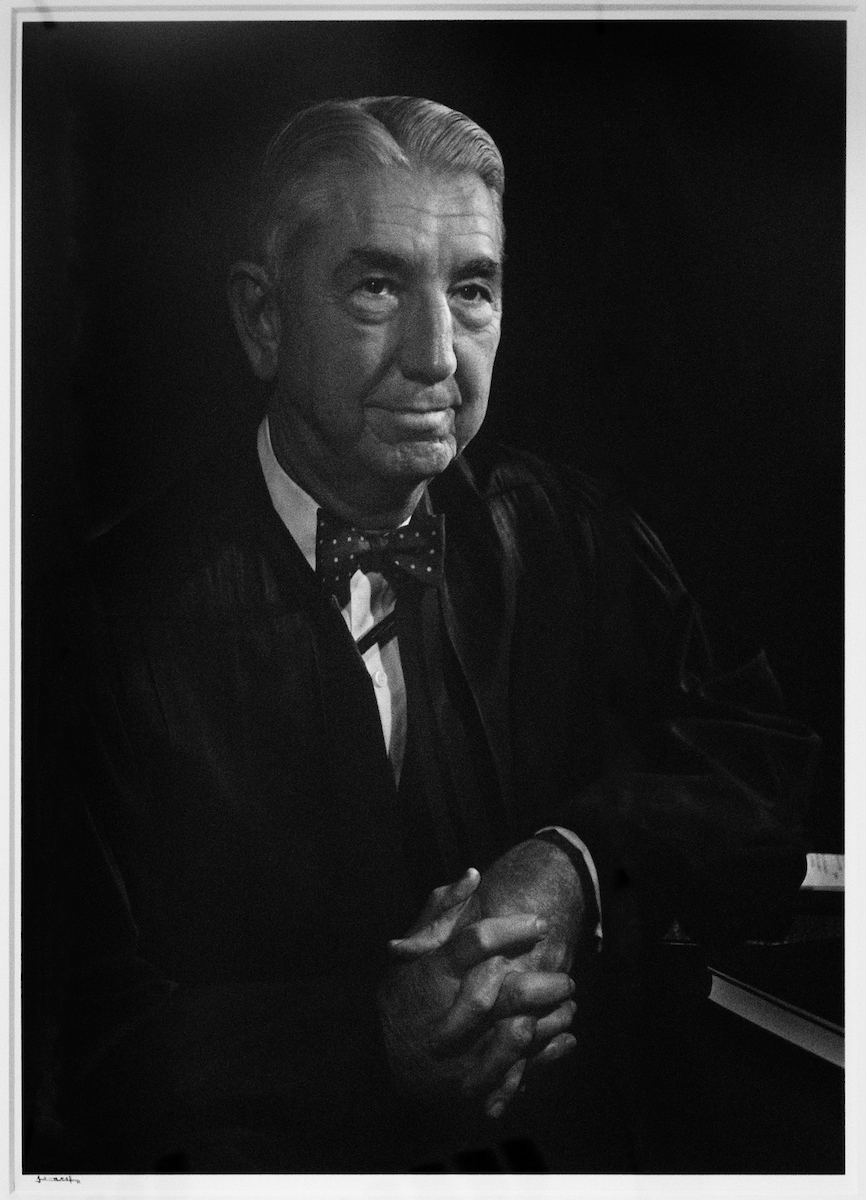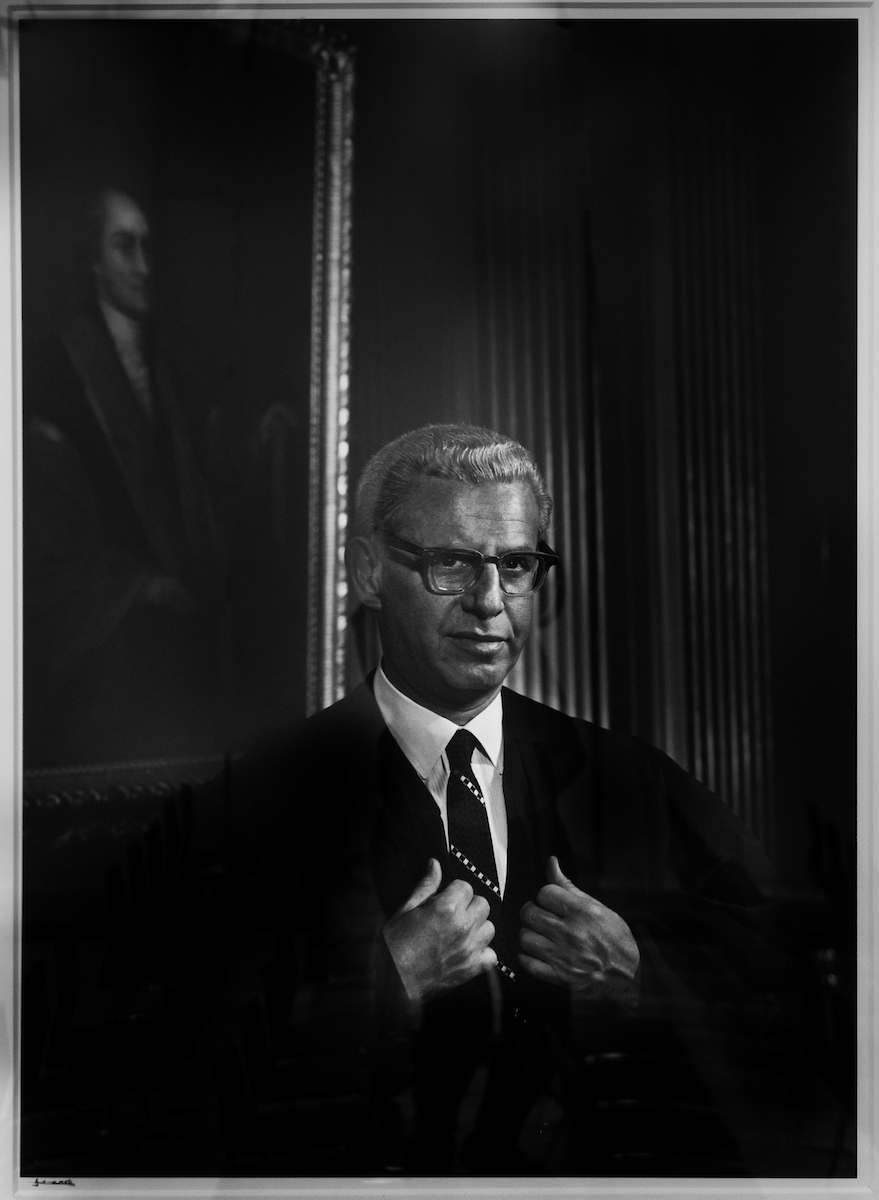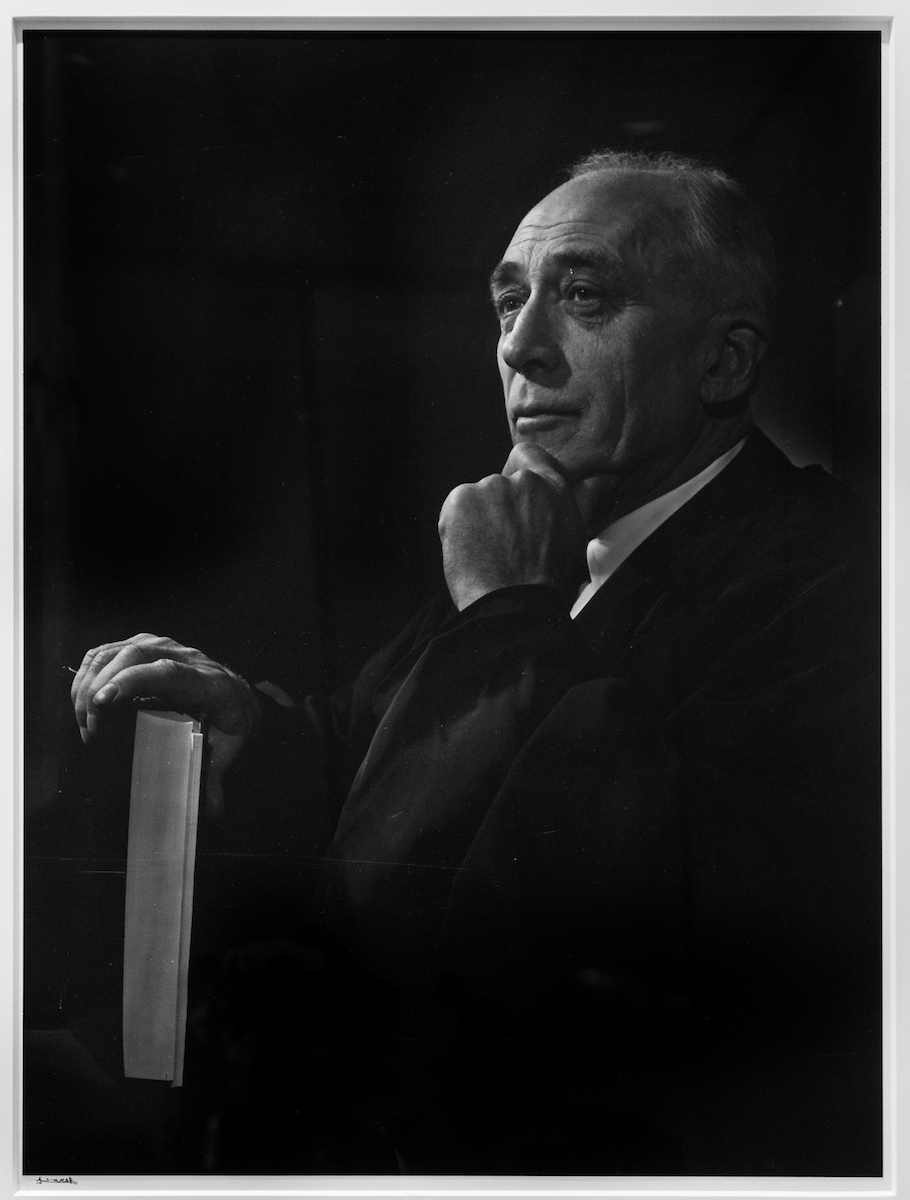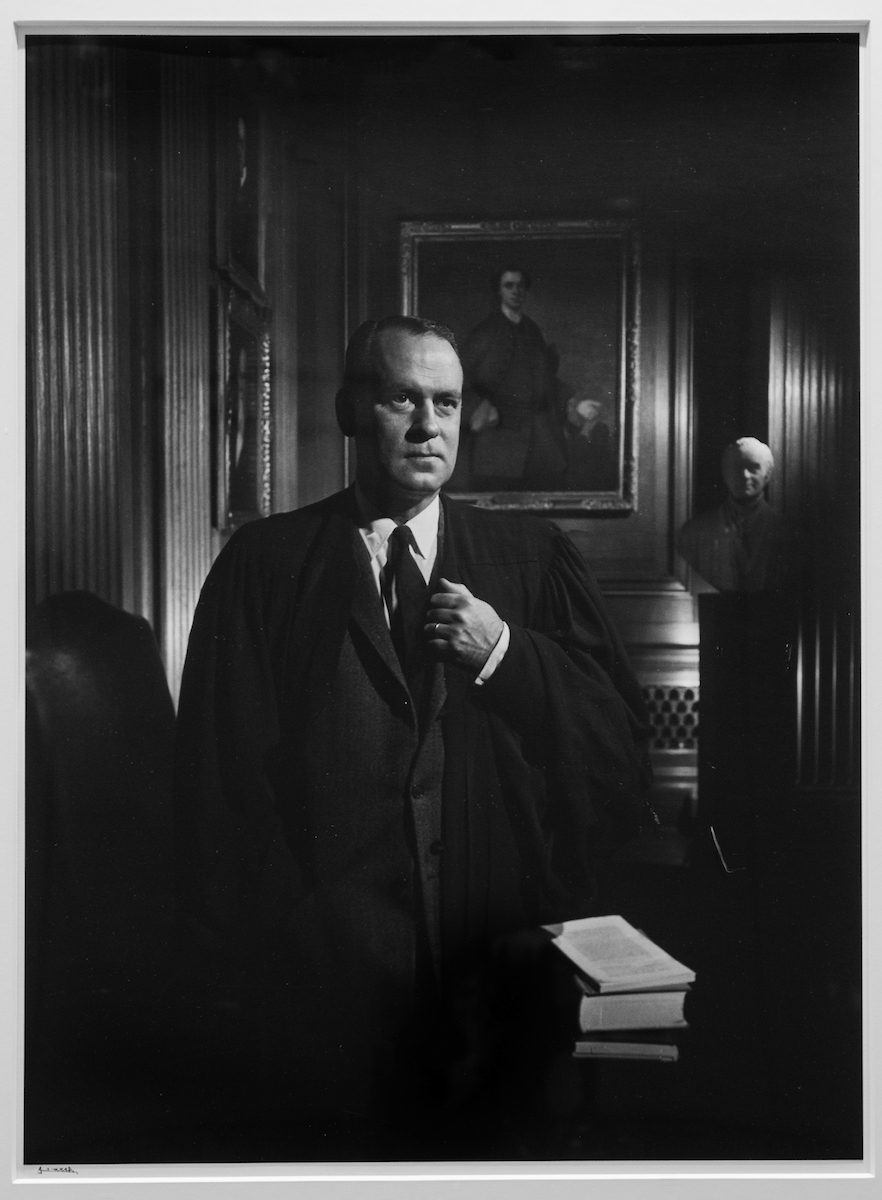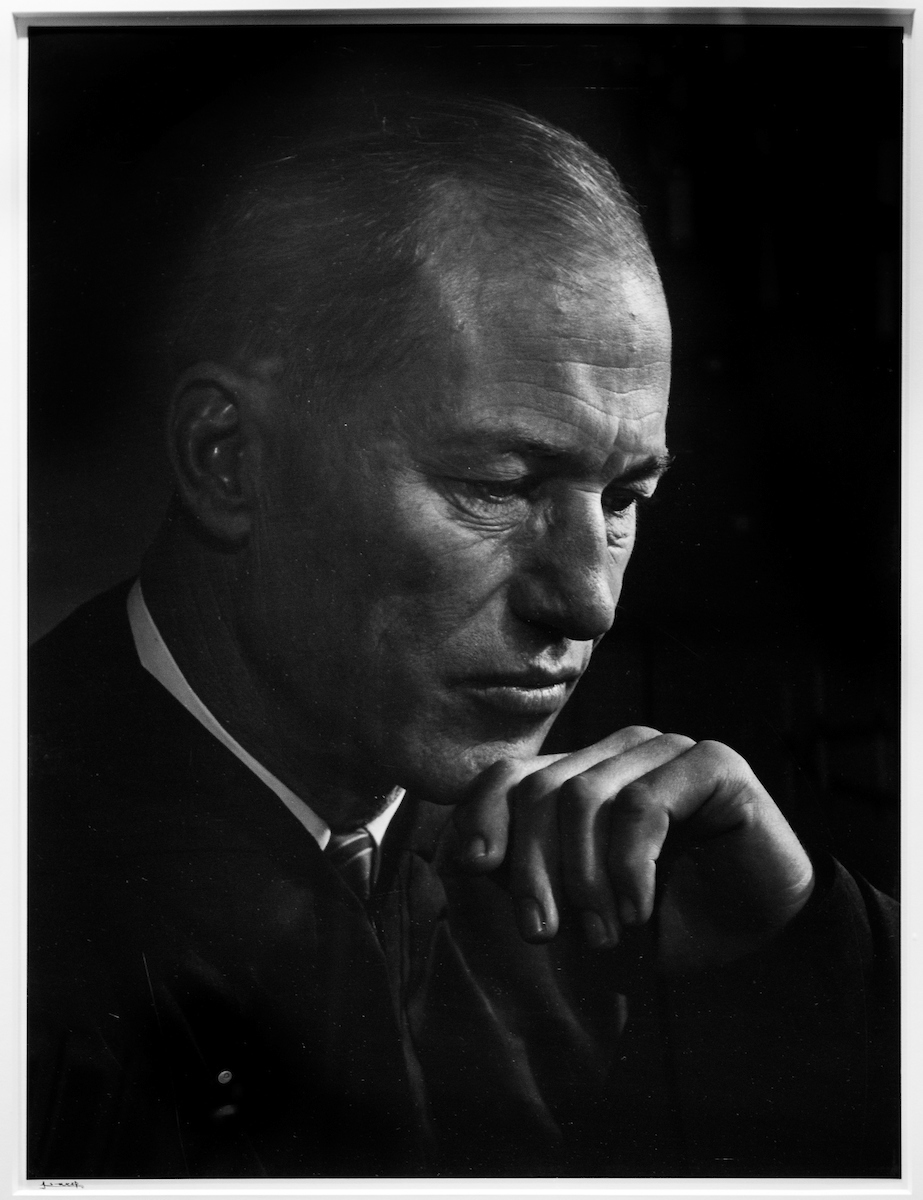Portraits of Distinguished Legal Figures
Portraits of First Circuit Judges
Barristers Hall now features portraits of distinguished BU Law alumni who have served on the US Court of Appeals for the First Circuit, which were created by the artist, Timothy J. Clark.
The late Judge Juan R. Torruella (’57) was the first Hispanic person appointed to the court. During his 36-year tenure on the First Circuit, Judge Torruella weighed in on legal matters ranging from Puerto Rican statehood to libel laws and abortion rights. He joined the unanimous panel that struck down the section of the Defense of Marriage Act that barred gay couples from receiving federal benefits, and in 2020 he joined the opinion that vacated the death sentence of Dzhokhar Tsarnaev, who was convicted in 2015 for his part in the Boston Marathon Bombing. A great supporter of BU Law, he volunteered as a guest judge for the moot court program and mentored many BU Law students and alumni who served as judicial interns and clerks.
In 1995, Judge Sandra Lynch (’71) became the first woman appointed to the court when she filled the seat vacated by Justice Stephen Breyer when he went to the Supreme Court. She was also the first woman to serve as its chief judge (2008-2015). Her opinions are among the most cited decisions from all federal courts of appeals and roughly 50 percent of her majority opinions have been fully affirmed on appeal to the US Supreme Court. Her judicial decision-making has shaped local and federal law in countless ways. She is well-known for her dissent in a court ruling where the court found that rape didn’t meet the legal definition of serious bodily harm, prompting a change in the law. She also joined a unanimous court in holding that the Defense of Marriage Act was an unconstitutional violation of the equal protection principles of the Fifth Amendment. Judge Lynch was instrumental in the creation of public outreach programs at the Moakley Courthouse, including the education project for elementary, middle and high school students.
Judge O. Rogeriee Thompson (’76) was the first African American appointed to the court. During her time on the first circuit, Judge Thompson has deliberated in complex civil and criminal cases, including a 2017 lawsuit that would have afforded Puerto Ricans the right to vote in US federal elections. She also authored the controversial 2020 appellate court decision that vacated the death sentence and overturned three firearm convictions of Boston Marathon bomber Dzhokhar Tsarnaev. US District Court Chief Judge John J. McConnell Jr. once described Judge Thompson as having “a unique ability to empathize with all parties that came before her, especially those whose voices are not often heard.”
US Supreme Court Justices from 1963 to 1965.
While Chief Justice Earl Warren presided over the US Supreme Court for 1953 to 1969, the justices depicted in The Warren Court photographs in Barristers Hall served together from 1963 to 1965. Those justices include:
• Earl Warren (Chief Justice)
• Hugo L. Black
• William Brennan
• Tom C. Clark
• William O. Douglas
• Arthur Goldberg
• John Marshall Harlan
• Potter Stewart
• Byron R. White
Landmark case rulings from Gideon to Griswold.
The justices who served on the US Supreme Court from 1963 to 1965 ruled on a number of landmark cases that arose during the Civil Rights Era including:
Gideon v. Wainwright (1963)
In 1961, Clarence Gideon was charged with breaking and entering with intent to commit petty larceny. He could not afford a lawyer to defend himself and the Florida court in which he was tried declined to appoint counsel. Gideon was convicted and sentenced to five years in prison. He appealed his case to the US Supreme Court, which ruled unanimously that the US Constitution provided the right to counsel to defendants in criminal cases unable to pay for their own attorneys.
Brady v. Maryland (1963)
John Leo Brady and Donald Boblit were both prosecuted for murder by the State of Maryland. Boblitt confessed to the actual killing, but the state withheld his written confession from Brady’s defense team. Brady appealed to the Maryland Court of Appeals, which affirmed his conviction but remanded his case for a retrial on the question of punishment. The Supreme Court upheld the appellate court’s ruling, finding that withholding exculpatory evidence violates due process. Today, “Brady disclosure” is a term used when a criminal defendant requests that the prosecution turn over any evidence before trial that might exonerate the defendant.
New York Times Co. v. Sullivan (1964)
The New York Times published a full-page ad in 1960 from the “Committee to Defend Martin Luther King and the Struggle for Freedom in the South.” L.B. Sullivan, the public safety commissioner of Montgomery, Alabama, sued the newspaper for libel, even though he was not mentioned in the ad. While there were minor inaccuracies in the ad regarding the actions of protestors and the police, the Supreme Court ruled that a public figure had to prove that the publisher knew the “information was false” or published “with reckless disregard of whether it was false or not.” This case established the actual malice standard in news reporting.
Heart of Atlanta Motel, Inc. v. United States (1964)
After the Heart of Atlanta Motel was found in violation of the Civil Rights Act of 1964 for refusing to rent rooms to black patrons, the motel owner filed a federal lawsuit, arguing that the Act exceeded the authority granted to Congress over interstate commerce. The Supreme Court ruled that Congress could use the power granted to it by the Constitution’s Commerce Clause to make private businesses comply with the Act’s ban on racial discrimination in public places.
Griswold v. Connecticut (1965)
Estelle Griswold and C. Lee Buxton were arrested in 1961 for opening a birth control clinic in New Haven, CT. They were convicted of violating the Connecticut Comstock Act of 1879, which made it illegal to use “any drug, medicinal article, or instrument for the purpose of preventing conception.” The Supreme Court ruled that the Connecticut law was a violation of the right to privacy, which the Court interpreted as a right to “protection from governmental intrusion”.
The Warren Court and the Civil Rights Act of 1964.
The Civil Rights Act of 1964 that outlawed discrimination on the basis of race, color, religion, sex, or national origin passed the Senate on June 19, 1964. A few days later, the US Supreme Court handed down five decisions stemming from segregation protests. It has been suggested that the Court withheld these rulings until after the Civil Rights Act passed, so that their decisions did not undermine the basis for the legislation.
Bell v. Maryland (1964)
In 1960, twelve African-American students were arrested and convicted of criminal trespass after conducting a sit-in at a Baltimore restaurant, where they had been refused service. Upon appeal, the Supreme Court remanded the case back to the Maryland appellate court to consider it under a new state law that prohibited racial discrimination in public accommodations. The convictions were vacated by the Court of Appeals of Maryland in 1965.
Bouie v. City of Columbia (1964)
After two African-American students conducted a sit-in at a lunch counter in Columbia, SC in 1960, they were arrested and convicted of criminal trespass. Their convictions were upheld by the South Carolina Supreme Court. The US Supreme Court ruled, however, that the state supreme court had broadened the activities that constituted a crime and applied judicial interpretation retroactively, thus violating the Due Process Clause of the 14th Amendment.
Barr v. City of Columbia (1964)
Five African-American students sat at a “whites only” lunch counter in Columbia, SC. When the restaurant manager requested that they leave, they refused and were arrested for breach of the peace and criminal trespass. The Supreme Court overturned the breach of peace conviction and used the same reasoning as in Bouie to overturn the criminal trespass conviction.
Griffin v. Maryland (1964)
After entering an amusement park in Montgomery County, Maryland that had a policy of excluding blacks, five African-American college students were told by a park employee, who was also a deputy sheriff, that they had to leave. When they refused, they were arrested and convicted of criminal trespass. Upon appeal, the Supreme Court ruled that the convictions violated the equal protection clause of the 14th Amendment because the deputy sheriff had enforced a policy of segregation that was a violation of that clause.
Robinson v. Florida (1964)
Eighteen white and African American individuals went to a restaurant in Miami that refused to serve blacks. They were arrested under a statute that allowed a restaurant to remove any person that it considered detrimental to serve. Their convictions were overturned by the Supreme Court, which ruled that the state convictions had violated the Equal Protection Clause of the 14th Amendment.
Portraits of the Warren Court
These portraits are displayed on the 6th floor of the law tower.
